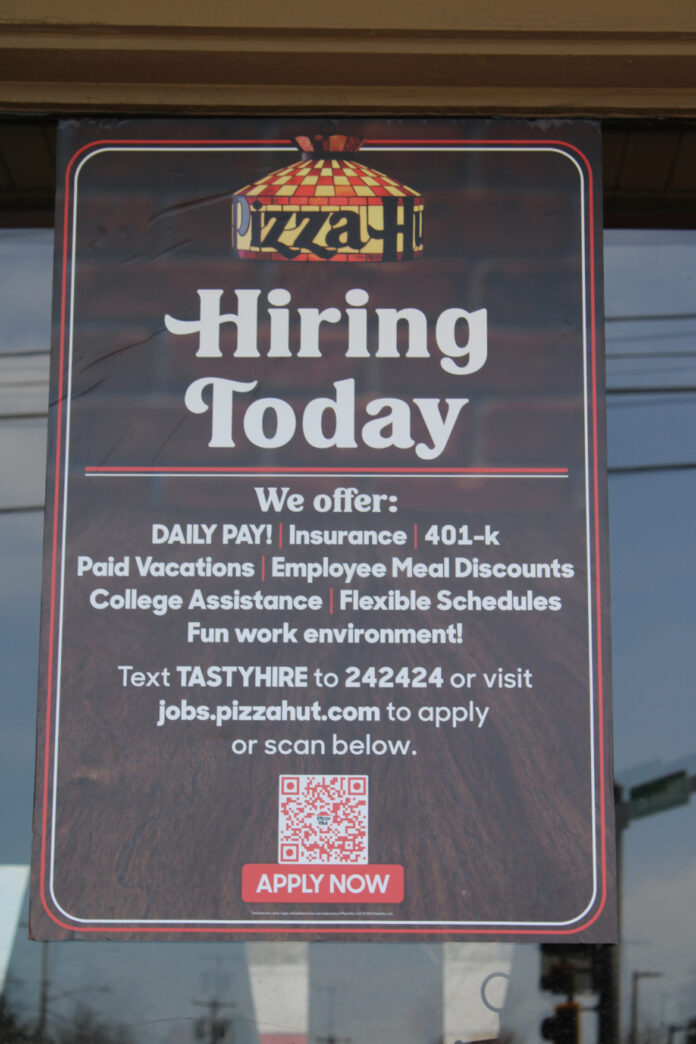By MARK OKRANT, NH Travel Guru
Dating back many decades, the travel industry has been a very desirable source of employment, owing to its reputation for accessibility to various cultural groups and diverse work experiences. As the state of New Hampshire enters its vital summer travel season, there is great concern about the industry because job openings presently far exceed the number of people who will take them.
Throughout the globe, the travel industry’s seeming infallibility as an employer is under serious attack following the COVID-19 pandemic. Here in New Hampshire, where tourism has long been a leading source of jobs and a staple of the economy, this situation cannot be ignored.
Mark Okrant
Since February, 2020, when the pandemic was beginning, employment in the U.S. hospitality and tourism industry is down by 1.5 million jobs, with accommodations suffering the largest drop (-20%). This situation has manifested itself in a number of ways, even impacting enrollments in university hospitality programs nationwide. According to Peter Ricci, director of the hospitality and tourism management program at Florida Atlantic University, “For the first time, we are actually seeing parents discourage their children from enrolling in hospitality programs.”
Why is this happening? During the height of the pandemic, employers engaged in practices that served to “magnify and accelerate pre-existing conditions,” according to New York University’s Bruno Eeckels. Workers were furloughed, and the industry’s lack of flexibility became apparent. Consequently, other forms of employment that provided schedule elasticity and clear paths toward upward mobility—both perceived to be lacking in the hospitality and tourism industry—had a distinct advantage in attracting both recent college graduates and those furloughed employees of lodgings, restaurants, attractions, and related businesses.
To date, the response of the myriad of businesses and services that comprise the tourism industry has fallen short. While compensation offered to the typical hotel clerk, waiter, maître d’, lifeguard, and countless others is substantially greater than salaries prior to early 2020, it has not had the desired effect of bringing employees back into the trenches.
Part of the problem is in the very nature of hospitality employment. Charyl Reardon, president of the White Mountains Attractions Association, hit the nail on the head when she told us, “The pandemic brought on an attitude of change.” While workers were getting used to the idea of working remotely, the service industry is all about connecting with people. Or, as Reardon stated, “You can’t wait on tables from home.”
Prior to 2020, in New Hampshire, owners of second homes in the North Country, who were simply looking for something to do, could be counted upon to fill hours working at theme parks and other businesses. Now, some of those same people spend their time working online, while others would rather use their leisure visiting family or experiencing the state’s outdoors. Both motivations are further fallout from the pandemic.
So, given all that we have described, plus an immigrant worker situation that remains in flux, what is the industry to do? Suggestions include: building increased schedule flexibility into hospitality jobs, increasing benefits, and clearer mapping of career paths. Perhaps, one of the most innovative responses comes from Reardon herself, who has proposed that Plymouth State and the University of New Hampshire make their dormitories available to a summer work force consisting of interns and others. Students would have the opportunity to work for the same employer for several summers, and be in a position to finish school well prepared to assume those desired management positions upon graduation.
Note to decision-makers in government and business: a healthy tourism industry is absolutely essential to the well-being of the general public and economy.
* * *
Mark Okrant’s The NH Travel Guru column returns to InDepthNH.org following a three-year hiatus. Mark is professor emeritus of tourism management & policy at Plymouth State University, having spent more than four decades as a tourism educator and twenty-five years as research coordinator for the state’s division of travel and tourism development. He is a past president of the prestigious international Travel and Tourism Research Association, and the author of fifteen books. The innovative Kary Turnell Mystery Tour is centered around his nine New Hampshire-based whodunits.













